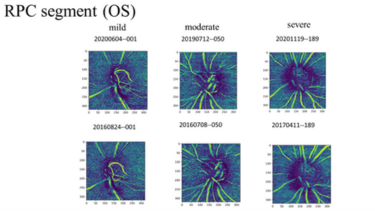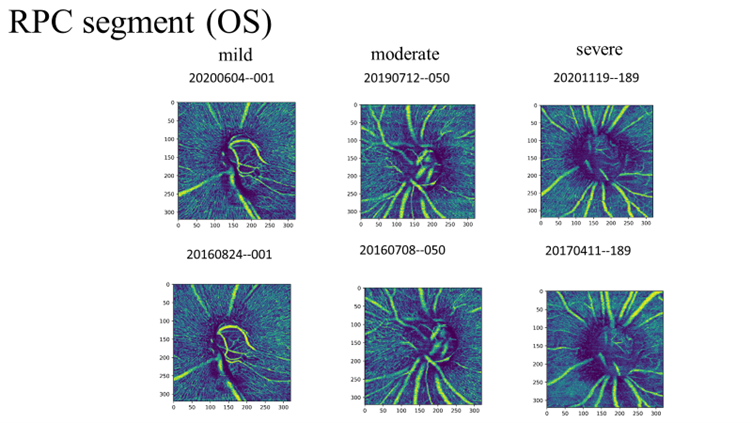Statistical Modelling of Glaucoma Studies

Sponsored by

Sponsored by

Professor Ngai Hang Chan, Head and Chair Professor from CityU’s Department of Biostatistics, and his team is working on developing an innovative “Interpretable Artificial Intelligence (IAI)” framework with a holistic approach to IAI medical diagnostics, with glaucoma as an exemplary example.
The research team has established long-term collaborative efforts and successes in developing world-leading technology in glaucoma study. One key to developing a set of effective diagnostic tools is the domain knowledge from experts not only in machine learning and artificial intelligence algorithms, but also in Ophthalmology and Visual Sciences.
Although AI-based medical systems have been rapidly developing, they are tricky for clinicians to understand clearly how a model can obtain its prediction/classification results, which undermines the trust that doctors and patients can put. The team will leverage their strong expertise in statistical modelling and genetic analysis to construct novel interpretable and robust classifiers under the IAI framework for screening and detecting diseases, say glaucoma, and for identification of their progression.
By carrying out multi-site clinical trials at City University of Hong Kong, The Chinese University of Hong Kong, University of California at San Diego, and Duke University, the team will be able to collect large volumes of relevant medical data across different geographical locations and demographic profiles to achieve efficient models and results.
It should be emphasised that the proposed IAI framework is the first attempt of leveraging the complementary modelling advantages of both statistics and computer science to solve an exemplary problem in medical study in which both early detection and rates of disease progression based on medical imaging are two fundamental, yet challenging, problems that concern clinicians, researchers and patients alike.
The cross-disciplinary collaborative effort of their plan is meaningful and strategically relevant as statistics focuses on capturing key signals, modelling structures, and identifying significant variables upon which machine learning tools can discover generalisable predictive patterns that cannot be readily expressed via statistical models alone.
Successful completion of this project would serve as an important milestone to apply IAI technology in advancing our understanding of many related diseases, such as Alzheimer’s disease. Their research results will be fundamental and crucial in delivering health risk prediction models, providing informed health guidance, and improving care delivery systems. In the long term, the proposed research will relieve the imminent growing burden arising from the ageing population, which increasingly challenges the healthcare system and the economy, not only in Hong Kong but also in the Greater Bay Area and beyond.

Professor Ngai Hang Chan and his team is working on developing an innovative “Interpretable Artificial Intelligence (IAI)” framework with a holistic approach to IAI medical diagnostics, with glaucoma as an exemplary example.
Find out more about the Department of Biostatistics at CityU.